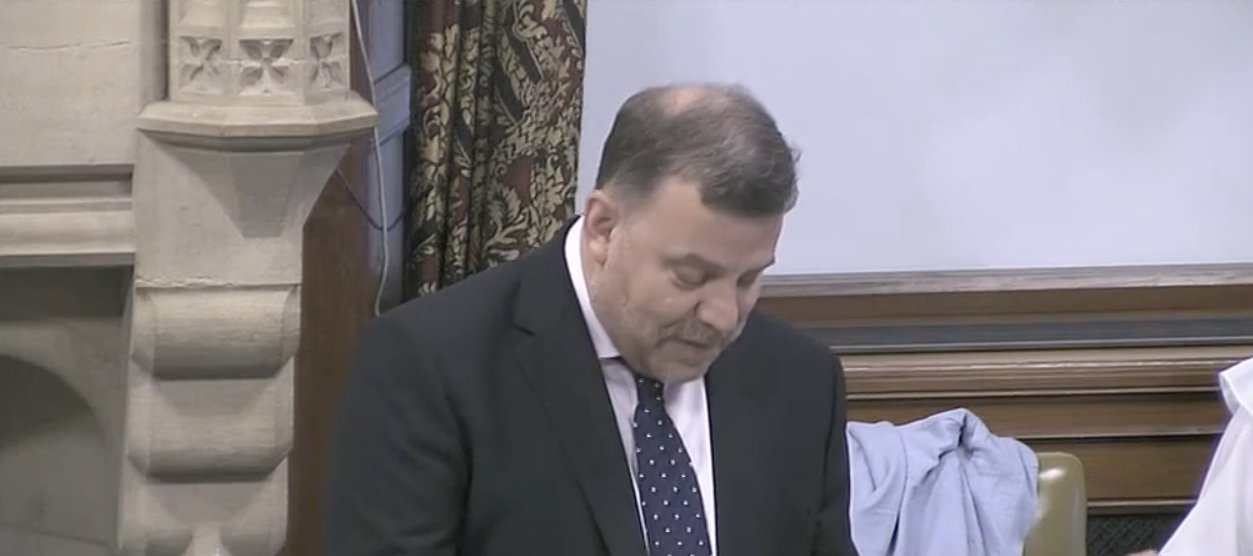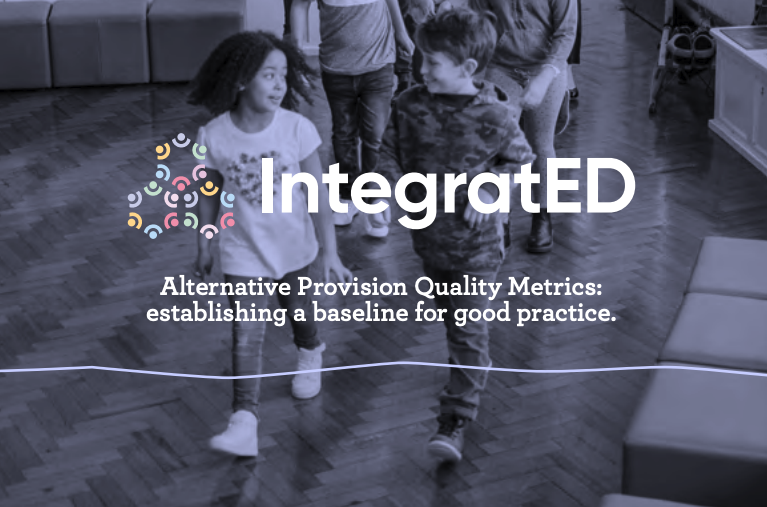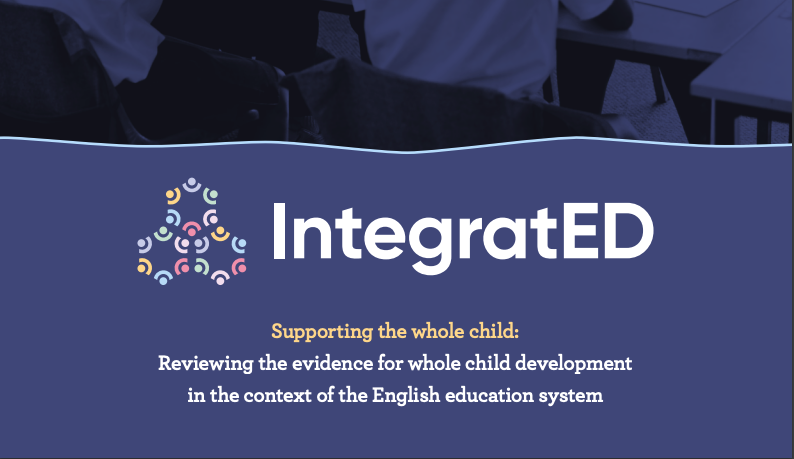
On the 16 September 2021, the APPG for School Exclusions and Alternative Provision – for which the Centre for Social Justice is Secretariat – held a Westminster Hall debate on school exclusions.
The debate took place two years on from the publication of Edward Timpson CBE MP’s landmark review into school exclusions. The Review put forward a set of 30 recommendations to, ultimately, reduce the number of preventable school exclusions and to improve the quality of alternative provision (AP) – the settings that educate excluded pupils.
When the Timpson Review was published in 2019, the Government accepted all of the recommendations “in principle”, however, two years on the government has only implemented six of the Review’s recommendations. 12 have seen no action taken.
This debate was a chance for MPs to reflect upon the progress the Government has made in implementing the recommendations in the Review and to advocate for further reform in the upcoming SEND Review.
This debate focused upon three important points made by the Review: the need to introduce the ‘Practice Improvement Fund’; to upskill the workforce in mainstream schools and in AP; and to improve the facilities offered by said schools. The debate was brilliantly chaired by both Andy Carter and Edward Timpson CBE, the latter, of course, the Review’s author.
The Practice Improvement Fund is an initiative that would help to identify pupils at risk of exclusion and deliver good early interventions for them. It would also develop best practice around various methods of upstream working. It was great to see both co-chairs raising this proposal, in the Hall, asking the Department for Education as to whether – and if so, when – an update on the Fund could be provided. Vicky Ford MP, responding on behalf of the government, outlined the Department’s desire to codify and standardise the best practice existent within the AP sector in the upcoming SEND Review. This would in-turn improve the experiences and outcomes, of the pupils in AP.
As the APPG has heard, one of the most important things that we can do to improve the life outcomes for disadvantaged pupils is to invest in our teachers. The development, support and recruitment of the workforce, in both the mainstream and AP, are all crucial if we wish to prevent avoidable exclusions and ensure that every child has access to the high-quality education they deserve. This fact was touched upon by a number of the debate’s contributors. In response, the government announced its intent to expand the ‘Virtual School Head Programme’ and to include attachment and trauma training for mental health leads.
Finally, Andy Carter – who, while also co-chairing this debate, leads the APPG for School Exclusions and Alternative Provision – made the case for greater capital investment in AP schools. As the CSJ found in our AP sector survey, 4 in 5 APs believe their facilities are not on par with mainstream schools. He argued that the next round of capital funding offers the perfect opportunity to invest and expand AP facilities. Indeed, Members noted the need to invest in our AP schools and, where necessary, to expand them. Minister Ford announced that the capital funding made available to the sector, for the forthcoming years, would be announced in the Spending Review, due to be publicised in October 2021.
It was excellent to see the government continuing to recognise the importance of the Review and committing itself to improving the lives of both excluded and ‘at risk’ pupils, in the given ways, whilst recognising the nearing opportunities available for it, to go even further.
The APPG would like to thank everyone for their support and involvement in the debate.
Ollie Rackham, IntegratED Project Manager.



